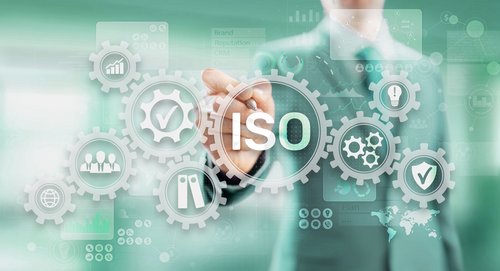What is software quality and how can it be measured?
Software quality refers to all properties and characteristics of software that (should) meet the requirements and expectations of users and stakeholders. These are aspects such as reliability, efficiency, user-friendliness, maintainability, security and many more.
An end-to-end software test can cover much of this. Read more about this in the fourth section "What is the most important tool for good software quality".
High-quality software is characterized by low susceptibility to errors, stability and high performance, while at the same time meeting the needs and expectations of users. The definition of software quality can vary depending on the context, as different projects and industries may have different requirements and priorities. Overall, however, software quality is a critical factor for success and user satisfaction and should therefore be carefully considered throughout the software development process.
Measuring software quality is a crucial aspect in the development and evaluation of software products. There are various approaches and metrics for evaluating the quality of software. One common method is the use of metrics for code quality, such as the number of errors (bugs), code complexity or test coverage.
Customer feedback, user satisfaction and the fulfillment of functional requirements can also be important indicators of software quality. However, it is important to note that the measurement of software quality should not be based solely on quantitative metrics, but should also take into account qualitative aspects such as user-friendliness, reliability and performance.
Software quality according to ISO standard

Software quality according to ISO standards is a decisive factor for the development and use of software in various industries. The ISO standards, in particular the ISO 25000 series, establish comprehensive guidelines and standards to ensure that software products are reliable, efficient and error-free.
Compliance with these standards enables companies to develop and deliver high-quality software products that meet their customers' requirements while minimizing the risk of software errors and failures.
imbus loves ISO! Find out more about our expertise in ISO standards.
Software quality with agile testing

Agile testing significantly improves software quality in modern development processes. Agile methods such as Scrum and Kanban promote the continuous integration and delivery of software, and agile testing is an integral part of this process. By using agile testing methods, developers and testers can work closely together to get early feedback and ensure that functionality, reliability and usability requirements are met.
Agile testing teams identify defects early and enable faster resolution, resulting in overall higher software quality and customer satisfaction. This approach to software quality seamlessly integrates testing into the development cycle and helps ensure that the software meets the changing needs of the market.
Your contact person at imbus
Mrs. Klaudia Dussa-Zieger
mail: quality-improvement@imbus.de
phone: +49 9131 / 7518-740
fax: +49 9131 / 7518-50
![[Translate to English:] [Translate to English:]](/fileadmin/_processed_/4/5/csm_imbus.de_Softwarequalitaet_Header_0870021f2d.jpg)
